Preventative maintenance is crucial for ensuring the longevity and efficiency of air compressors. Regularly scheduled maintenance helps to identify potential issues before they become major problems, ultimately saving time, money, and resources. This guide highlights the top five benefits of conducting preventative maintenance on your air compressor system.
One of the most significant benefits of preventative maintenance is the extended lifespan of your air compressor. Regularly servicing components such as filters, belts, and lubrication systems reduces wear and tear, ensuring that the compressor operates smoothly for a longer period. By addressing minor issues early, you can prevent major breakdowns that could lead to costly repairs or the need for premature replacement.
Proper maintenance not only prolongs the life of the air compressor itself but also protects other connected equipment from potential damage caused by a malfunctioning compressor.
Direct-Connected Portable Air Compressor
Air compressors that receive regular maintenance operate more efficiently. Clean filters, well-lubricated parts, and properly adjusted settings ensure that the compressor runs at optimal performance. This efficiency translates to lower energy consumption, reducing operating costs.
Routine maintenance also helps to maintain consistent air pressure, which is essential for the smooth operation of tools and machinery that rely on compressed air. When an air compressor is well-maintained, it delivers the necessary power without overworking, which enhances overall system performance.
Unplanned downtime can be costly and disruptive to any operation. By conducting regular preventative maintenance, you can identify and address potential problems before they lead to unexpected failures. This proactive approach minimizes the risk of sudden breakdowns, which can halt production and lead to significant financial losses.
Preventative maintenance schedules also allow you to plan for repairs during periods of low demand, reducing the impact on your business operations. This strategic planning helps maintain productivity and minimizes the stress associated with emergency repairs.
Safety is a top priority in any workplace, and regular maintenance of air compressors plays a vital role in ensuring a safe working environment. Compressors that are not properly maintained can pose significant risks, including the potential for leaks, electrical faults, or even explosions in extreme cases.
By adhering to a preventative maintenance schedule, you can ensure that your air compressor meets safety standards and complies with industry regulations. This not only protects your employees but also shields your business from potential fines or legal issues related to non-compliance.
While preventative maintenance requires an investment of time and resources, it ultimately leads to significant cost savings. Regular maintenance helps avoid major repairs or the need to replace expensive components, which can be much more costly than the maintenance itself.
Additionally, by keeping your air compressor running efficiently, you can reduce energy costs and extend the life of the equipment, providing long-term financial benefits. Preventative maintenance also helps maintain the resale value of the compressor, should you decide to upgrade or sell the equipment in the future.
Gasoline Engine Air Compressor
Q: How often should I perform maintenance on my air compressor?
A: The frequency of maintenance depends on the type of air compressor and its usage. Generally, it’s recommended to perform basic checks (like inspecting filters and checking for leaks) monthly and conduct more thorough maintenance (such as lubricating moving parts and replacing worn components) quarterly or annually.
Q: What are the most common maintenance tasks for an air compressor?
A: Common maintenance tasks include changing or cleaning air filters, checking and replacing oil in oil-lubricated compressors, inspecting belts and hoses for wear, draining moisture from the tank, and ensuring that all connections are secure and leak-free.
Q: Can I perform air compressor maintenance myself, or should I hire a professional?
A: Some basic maintenance tasks can be performed by the user, especially if you have experience with mechanical equipment. However, for more complex tasks or if you’re unsure, it’s advisable to hire a professional technician to ensure that the maintenance is performed correctly and safely.
Q: What are the signs that my air compressor needs maintenance?
A: Signs that your air compressor may need maintenance include unusual noises, reduced air pressure, longer run times, increased energy consumption, and visible leaks or damage. Addressing these issues promptly can prevent more severe problems.
By committing to regular preventative maintenance, you can maximize the efficiency, safety, and lifespan of your air compressor, ensuring that it remains a valuable asset to your operations for years to come.
Contact Us to take proactive steps to safeguard your industrial operations’ efficiency, productivity, and safety. To learn more about our comprehensive maintenance services and how we can support your compressor needs, contact us.
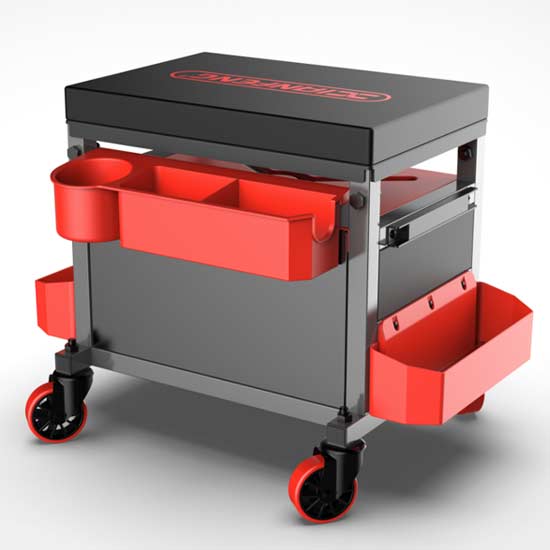 Tool seat
Tool seat
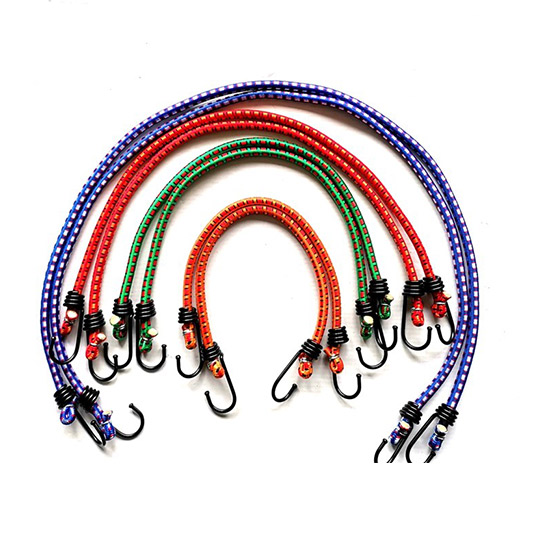 Stretch Cord
Stretch Cord
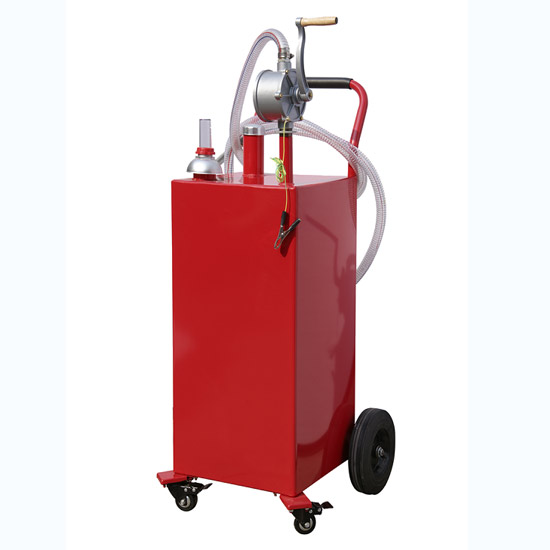 Oil Pump
Oil Pump
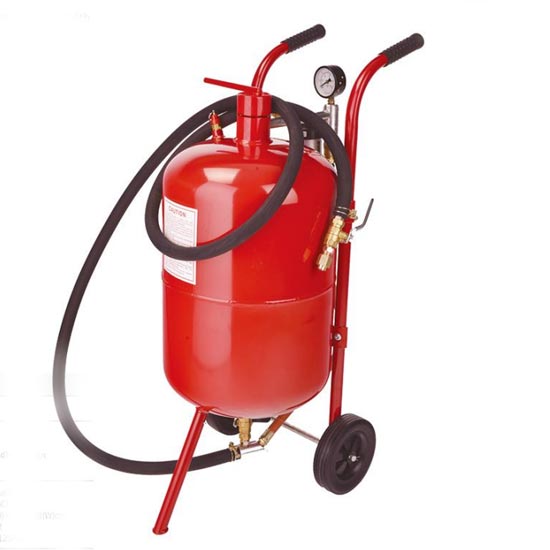 Sandblast Pot
Sandblast Pot
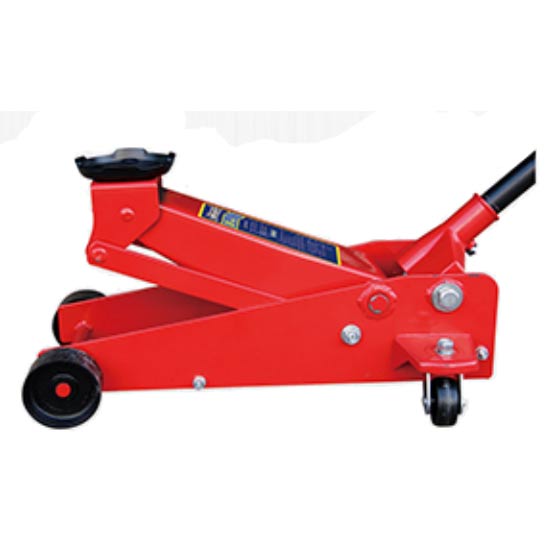 2.25 Ton Hydraulic Floor Jack
2.25 Ton Hydraulic Floor Jack
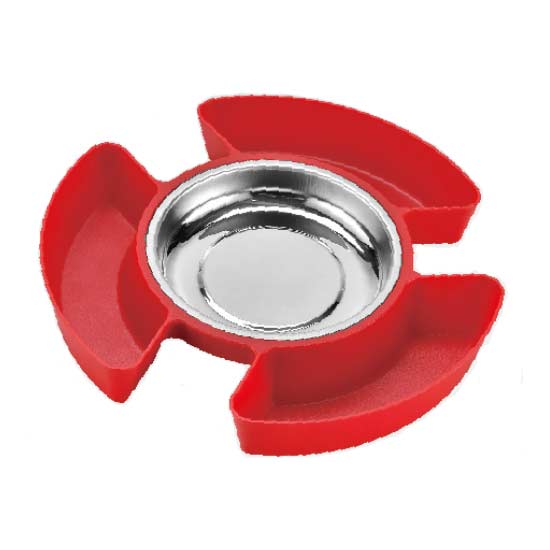 Magnetic Tray With Tool Plate
Magnetic Tray With Tool Plate
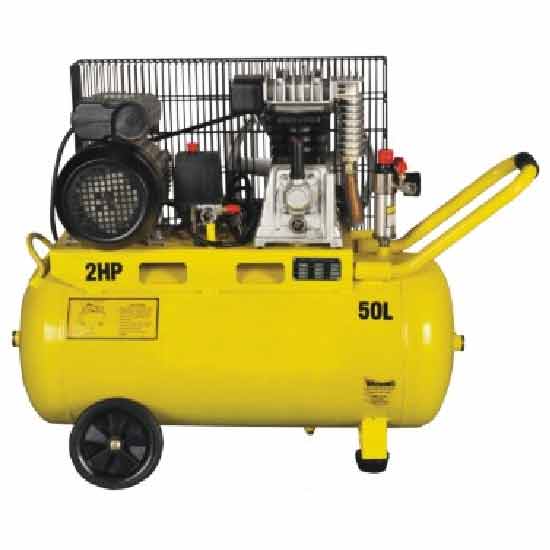 Single-stage Air-cool Movable Air Compressor
Single-stage Air-cool Movable Air Compressor
 10W Rechargeable Led Flood Light
10W Rechargeable Led Flood Light
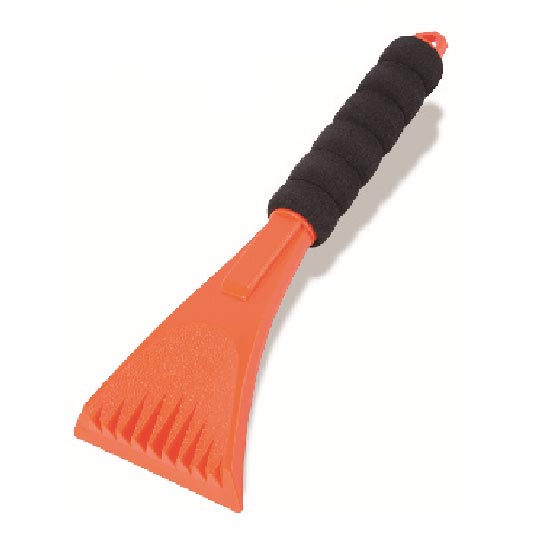 Ice Scraper
Ice Scraper
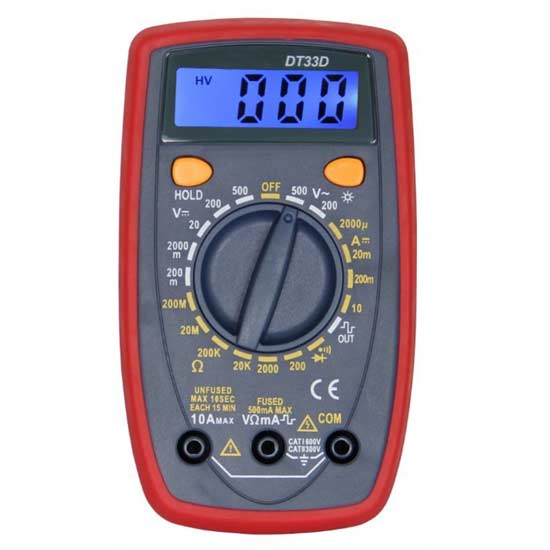 Small Multimeter with Backlight
Small Multimeter with Backlight
 Jump Starter With 4 Led Lights
Jump Starter With 4 Led Lights
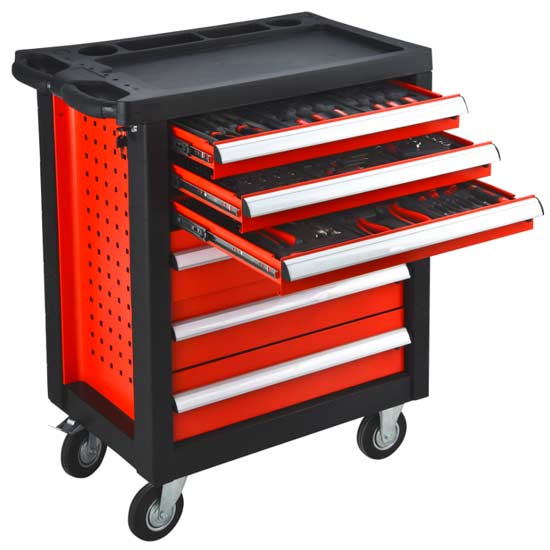 Steel Tool Cabinet
Steel Tool Cabinet
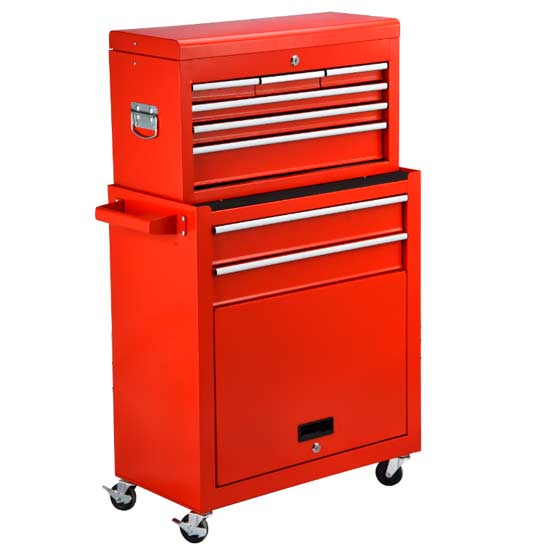 Large Tool Cabinet
Large Tool Cabinet
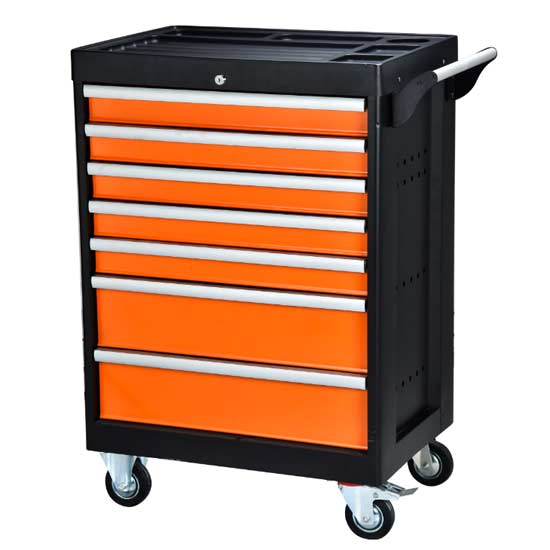 Tool Storage Cabinet
Tool Storage Cabinet
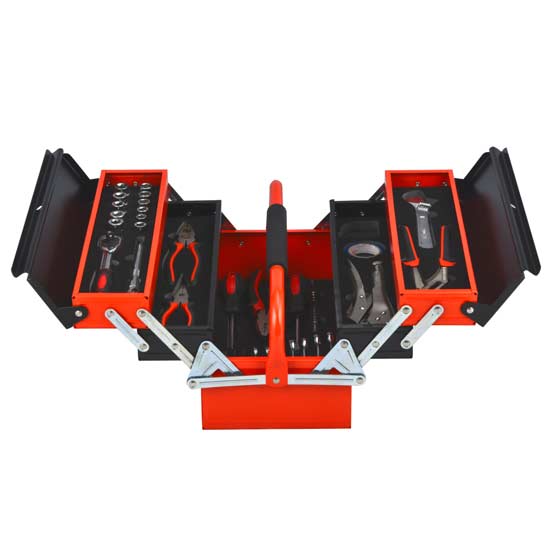 Metal Tool Box
Metal Tool Box
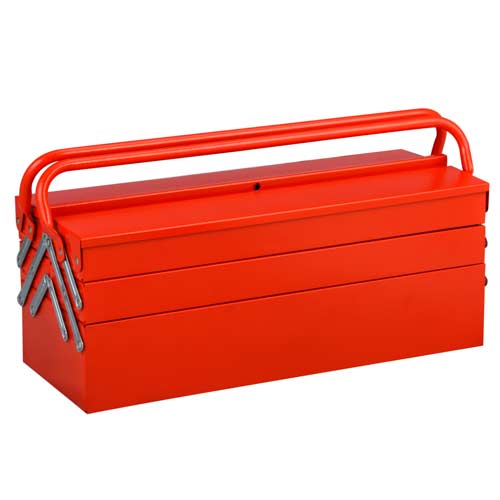 Large Metal Tool Storage Box
Large Metal Tool Storage Box
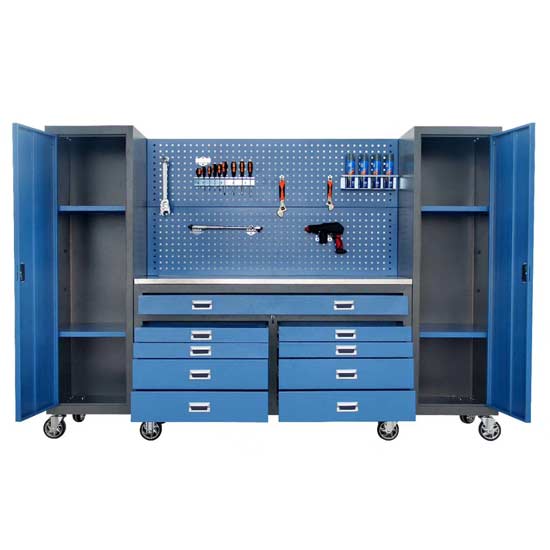 Blue Metal Tool Cabinet
Blue Metal Tool Cabinet
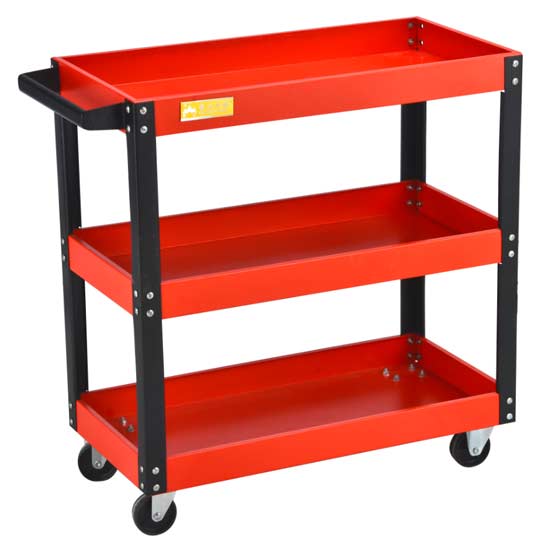 Red Steel Tool Trolley
Red Steel Tool Trolley
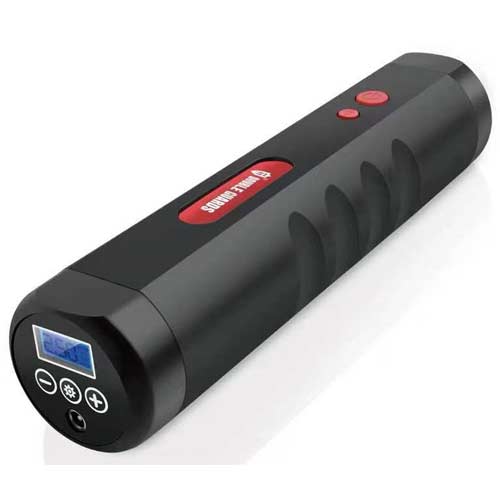 Portable Tire Inflator
Portable Tire Inflator
 Custom Tire Inflator
Custom Tire Inflator
 Tire Pressure Pump
Tire Pressure Pump
 Auto Emergency kit
Auto Emergency kit